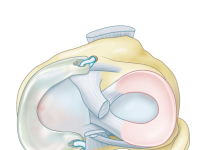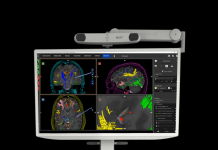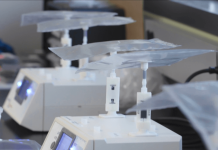Surmodics (Nasdaq:SRDX) announced that it received formal feedback from the FDA related to its SurVeil drug-coated balloon (DCB).
Eden Prairie, Minnesota-based Surmodics gave the FDA a proposed approach to submit an amended premarket approval application for SurVeil. In January, the FDA indicated that Surmodics’ SurVeil PMA application is not approvable.
The FDA said it declined to approve SurVeil due to certain information in the biocompatibility and labeling categories. The governing agency said more information needs to be added by an amendment to the PMA application to place it in an approvable form. Just weeks later, Surmodics laid off around 60 employees as part of a restructuring effort.
FDA provides feedback on SurVeil submission
Since the January PMA denial, Surmodics said it focused on obtaining additional clarification and feedback from the FDA. It submitted a Submission Issue Request (SIR), under the FDA’s Q-Submission Program, to obtain formal feedback.
Today, Surmodics said it received that formal feedback, both written and verbal. In it, the FDA requested additional clarification related to already completed biocompatibility studies and revisions to the company’s proposed labeling to amend the PMA application to put it into an approvable form. The FDA said it based its feedback on the level of information provided in the SIR. The actual determination for acceptability depends on the information provided in Surmodics’ formal, amended PMA application.
According to Surmodics, based on the FDA’s feedback, the company expects to submit its PMA application in the third quarter of 2023. It earmarked the fourth quarter for the potential receipt of that PMA.
“We are delighted with our progress towards achieving a PMA for the SurVeil DCB,” said Gary Maharaj, Surmodics CEO. “The feedback from the FDA provides the necessary clarity on the process and content required to successfully amend our PMA application. Importantly, we do not anticipate the need for additional biocompatibility studies, which will significantly reduce our initial assumptions of the time and cost to amend our PMA application.”




